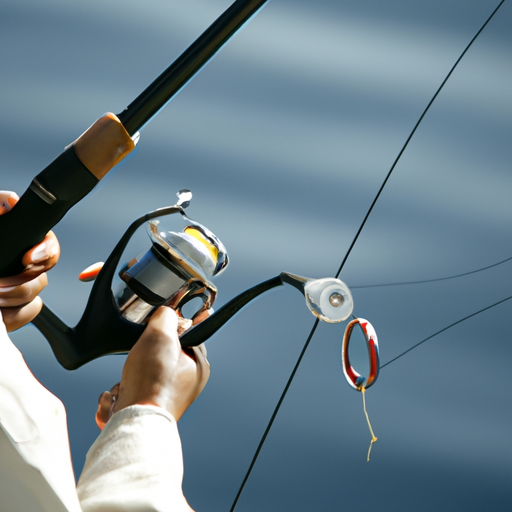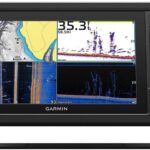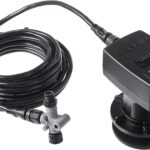Picture yourself standing by a tranquil river, the sun gently casting its warmth upon your shoulders. As you cast your line into the water, you feel a surge of anticipation, but also a sense of responsibility. Fishing isn’t just about catching a prize-worthy fish; it’s about practicing ethical and responsible fishing methods. In this article, we will explore the significance of responsible fishing practices and how they contribute to the preservation and sustainability of our precious aquatic ecosystems. So grab your fishing rod, and let’s embark on a journey that will not only enhance your fishing skills but also deepen your appreciation for the natural world around us.
1. Understanding Fishing Ethics
1.1 Definition of fishing ethics
Fishing ethics refers to the moral principles and values that guide responsible and sustainable fishing practices. It encompasses the concepts of conservation, animal welfare, environmental impact, and legal compliance. Ethical fishing entails respecting the natural balance of aquatic ecosystems, minimizing harm to marine life, and ensuring the long-term viability of fish populations.
1.2 Historical background of fishing ethics
Throughout history, fishing has played a significant role in human societies as a means of sustenance and livelihood. However, as fishing methods advanced and global demand for seafood increased, the need for ethical practices became apparent. The rise of sustainable fishing movements and the recognition of overfishing and environmental degradation have led to the development of fishing ethics as we know it today.
1.3 Types of fishing ethics
There are various types of fishing ethics that anglers abide by, each with its own set of principles. Some of the most prominent ones include catch and release fishing, subsistence fishing, recreational fishing, commercial fishing, and sport fishing. Each type of fishing ethics has its own considerations and guidelines, tailored to the specific context and purpose of fishing.
2. Environmental Impact
2.1 Overfishing and its consequences
Overfishing occurs when fish are harvested at a rate that exceeds their reproductive capacity, leading to a decline in fish populations. The consequences of overfishing are far-reaching and include the depletion of fish stocks, the disruption of marine ecosystems, and the loss of biodiversity. Overfishing also has adverse effects on coastal communities that rely on fishing for their livelihoods.
2.2 Destructive fishing methods
Some fishing methods can cause significant damage to marine habitats and non-targeted species. Bottom trawling, for instance, involves dragging large nets along the ocean floor, resulting in habitat destruction and the entanglement and mortality of unintended marine organisms. Other destructive practices include the use of dynamite, poison, and certain types of fishing gear that have a high bycatch rate.
2.3 Threat to biodiversity
Unsustainable fishing practices pose a substantial threat to the diversity of marine species. By targeting specific species without considering the ecological interdependencies within an ecosystem, entire populations can be decimated, leading to imbalances and disruptions in the food chain. The loss of biodiversity not only jeopardizes the future of marine ecosystems but also diminishes the overall resilience and productivity of the oceans.
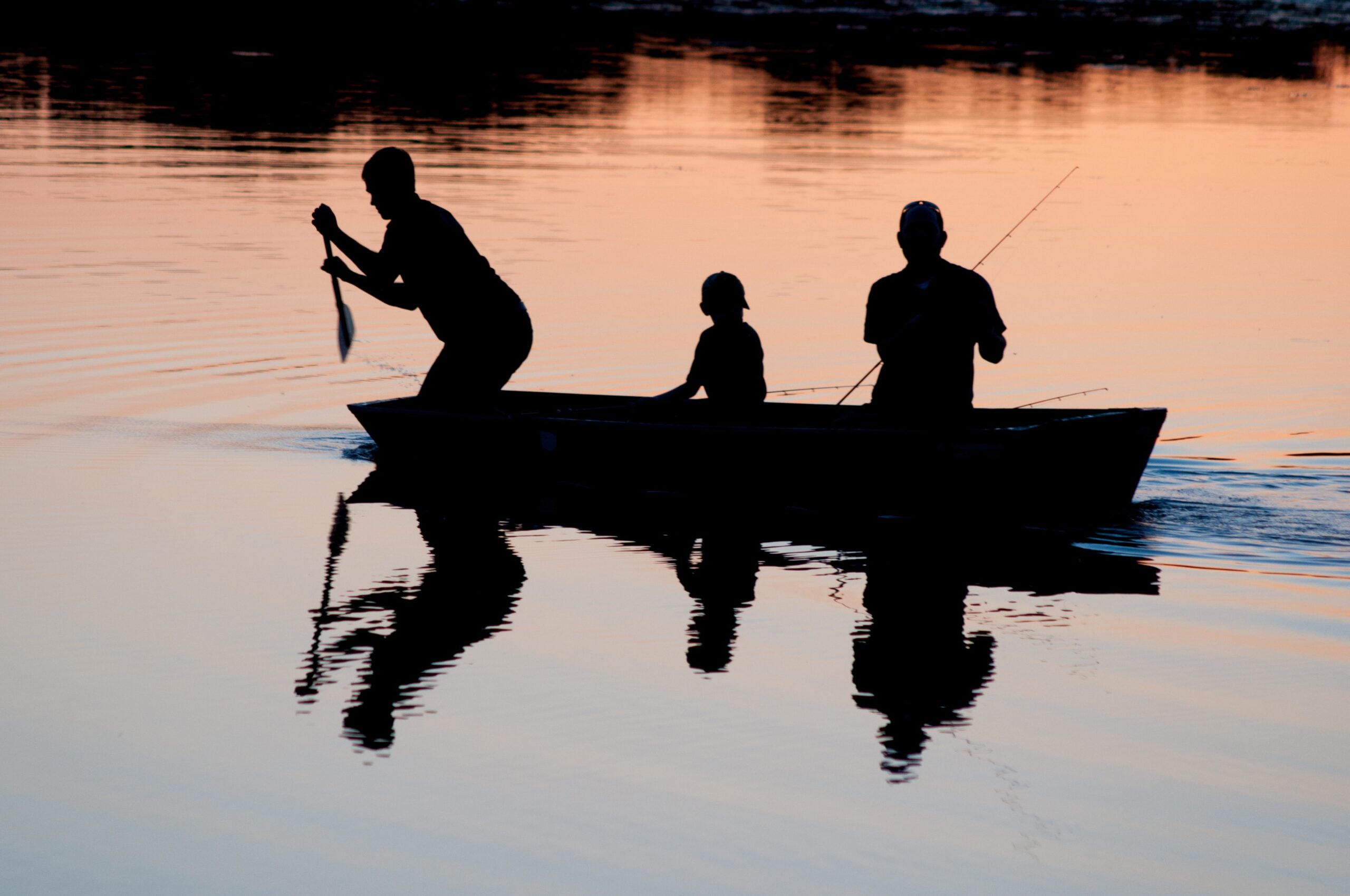
3. Sustainable Fishing
3.1 Importance of sustainable fishing
Sustainable fishing is crucial for maintaining the health and productivity of marine ecosystems while ensuring the long-term availability of fish resources. By adopting sustainable practices, we can strike a balance between our need for seafood and the preservation of fish populations, habitats, and biodiversity. Sustainable fishing practices also benefit coastal communities by supporting their economic well-being and the longevity of the fishing industry.
3.2 Fishing quotas and regulations
Fishing quotas and regulations are key tools in promoting sustainable fishing practices. These measures aim to control the amount of fish harvested, prevent overexploitation, and allow fish populations to replenish themselves. It is essential for anglers to adhere to these quotas and regulations, as they are based on scientific assessments of fish stocks and are designed to ensure the sustainability of fishing activities.
3.3 Use of selective fishing gear
Selective fishing gear, such as hooks and traps, can play a vital role in minimizing bycatch and reducing the impact on non-targeted species. By using gear that targets specific fish species and sizes, anglers can avoid catching immature fish and non-commercial species, thus reducing unnecessary mortality and promoting sustainable fishing practices.
4. Responsible Fishing Practices
4.1 Catch and release techniques
Catch and release techniques are widely recognized as an ethical approach to fishing. They involve catching a fish, carefully removing the hook, and releasing it back into the water unharmed. Catch and release not only allows the fish to survive but also maintains the population’s reproductive capacity, ensuring the sustainability of the fishery. Engaging in responsible catch and release practices is an essential part of fishing ethics.
4.2 Proper handling and releasing of fish
When practicing catch and release, it is crucial to handle fish properly to maximize their chances of survival. This includes minimizing the time spent out of the water, handling the fish with wet hands or using a landing net, and avoiding causing unnecessary stress or injury. By taking these precautions, anglers can greatly increase the likelihood of a released fish recovering and continuing its life in the wild.
4.3 Fishing within legal limits
Responsible anglers always ensure they are fishing within the legal limits set by fisheries management authorities. This means familiarizing themselves with the relevant regulations, such as size limits, bag limits, and closed seasons, and complying with them. Fishing within legal limits helps preserve fish populations, allows for sustainable harvesting, and demonstrates respect for the rules that have been put in place to protect fish and their habitats.

5. Animal Welfare
5.1 Ethical treatment of fish
Ethical treatment of fish involves considering their welfare during the entire fishing process. This means minimizing pain, distress, and suffering that may be caused by hooks, nets, or other fishing gear. Ethical anglers strive to handle fish carefully, using appropriate tools and techniques to minimize harm, and ensuring a quick and humane death when keeping fish for consumption.
5.2 Reducing fish suffering and stress
Anglers can take steps to reduce fish suffering and stress, even when fish are caught for consumption. Using barbless hooks, which are easier to remove and cause less damage, can lessen the trauma for fish. Keeping fish in a suitable container or live well with proper water conditions can also help reduce stress before they are humanely killed. These practices demonstrate a commitment to minimizing harm and prioritize fish welfare.
5.3 The role of fish welfare organizations
Fish welfare organizations, both governmental and non-governmental, play a crucial role in promoting ethical treatment of fish. They conduct research, develop standards and guidelines, and work to raise awareness about the importance of considering fish welfare in fishing practices. These organizations collaborate with stakeholders, including anglers and fisheries management authorities, to promote humane fishing methods and advocate for policies that prioritize fish welfare.
6. Conservation and Habitats
6.1 Protection of aquatic ecosystems
Conservation of aquatic ecosystems is vital for maintaining the health and functionality of marine habitats. This includes protecting not only fish populations but also other marine organisms, such as coral reefs, seagrasses, and mangroves, which provide essential habitats and contribute to overall ecosystem productivity. Conserving aquatic ecosystems involves reducing pollution, mitigating habitat destruction, and promoting the restoration of degraded habitats.
6.2 Preservation of fish habitats
Preserving fish habitats is crucial for the survival and well-being of fish populations. Healthy habitats provide food, shelter, and breeding grounds for various species, ensuring their long-term viability. Anglers can contribute to habitat preservation by avoiding destructive fishing practices that harm habitats, minimizing pollution and littering, and supporting conservation initiatives focused on preserving and restoring fish habitats.
6.3 Impact of pollution on fish
Pollution, such as chemical contaminants and marine debris, can have adverse effects on fish populations and ecosystems. It can disrupt fish behavior, impair reproductive capabilities, and even cause mortality. Responsible anglers can help mitigate pollution by properly disposing of fishing line, avoiding the use of harmful chemicals, and participating in beach cleanups and other efforts to reduce marine pollution.
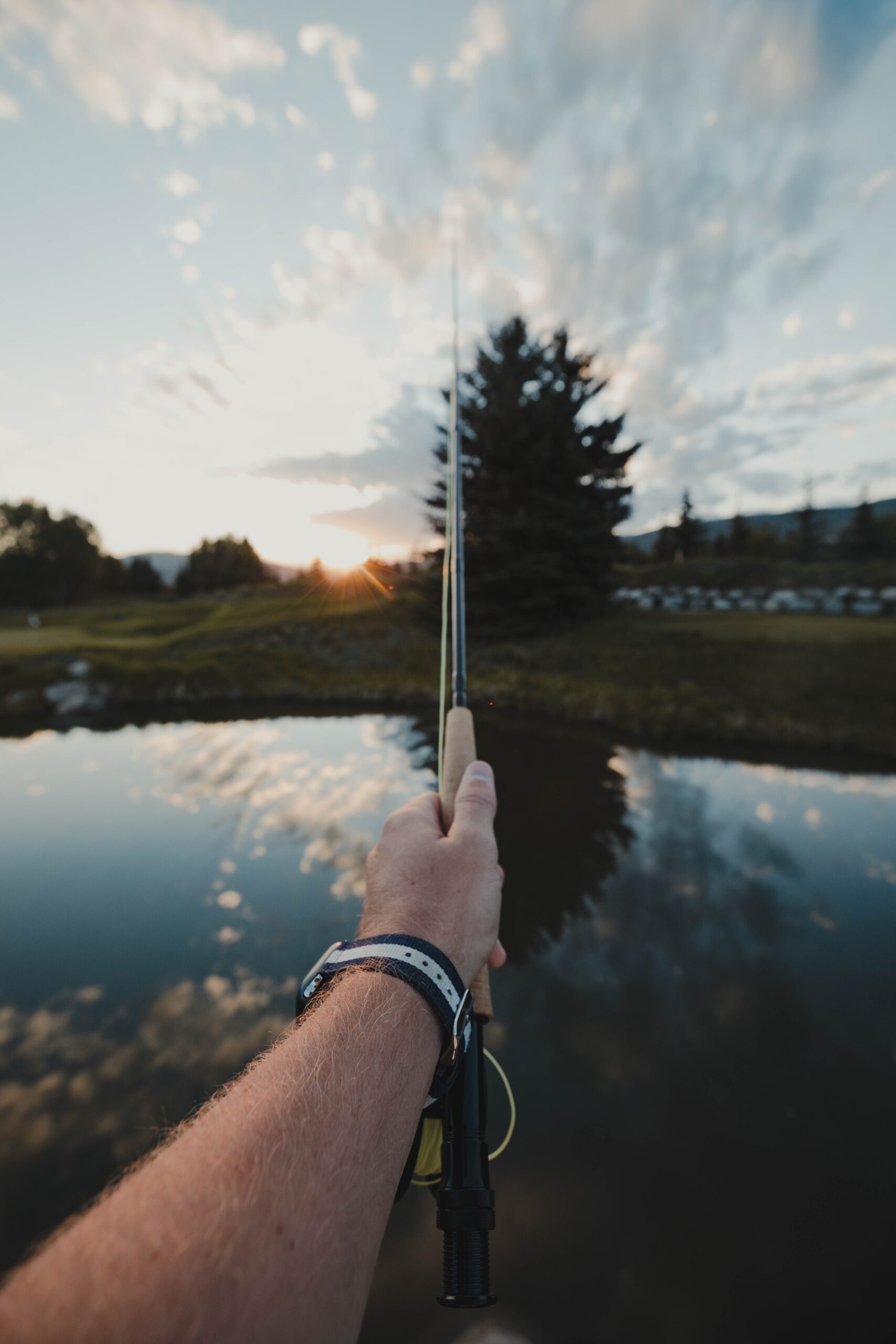
7. Human Impact
7.1 Balance between human needs and fish conservation
Achieving a balance between human needs and fish conservation is essential to ensure the long-term sustainability of fishing activities. It requires considering the socioeconomic well-being of fishing communities, reducing poverty and inequality, and providing alternative livelihoods when necessary. By recognizing the interdependence between humans and fish populations, we can align our actions with conservation goals and create a more equitable and sustainable fishing industry.
7.2 Social and economic considerations
Social and economic factors play a significant role in influencing fishing practices and outcomes. Balancing the interests of different stakeholders, such as commercial fishing operations, recreational anglers, and local communities, is crucial for fostering sustainable fishing practices. It requires transparent decision-making processes, collaboration, and the recognition of the importance of preserving social and cultural ties to fishing traditions.
7.3 Traditional and cultural fishing practices
Traditional and cultural fishing practices hold deep significance for many communities around the world. These practices often embody a strong connection to nature, sustainable resource management, and profound cultural heritage. Respecting and preserving traditional and cultural fishing practices is important in fostering ethical fishing, as they often align with principles of conservation and responsible resource utilization.
8. Ethical Consumption
8.1 Sustainable seafood choices
Consumers can contribute to responsible fishing practices by making sustainable seafood choices. This involves selecting seafood from sources that are certified as sustainable, such as those endorsed by independent certification organizations like the Marine Stewardship Council (MSC) or the Aquaculture Stewardship Council (ASC). By choosing seafood that has been harvested or farmed in an environmentally friendly manner, consumers can support sustainable fishing practices and drive positive change in the fishing industry.
8.2 Support for local fisheries
Supporting local fisheries can have a significant positive impact on fishing ethics. By purchasing seafood from local fishermen or participating in community-supported fisheries (CSFs), consumers can help sustain local economies while promoting small-scale fishing operations that often employ more sustainable practices compared to large-scale commercial fisheries. Supporting local fisheries also fosters a closer connection between consumers and the origin of their seafood, enhancing awareness and appreciation of responsible fishing practices.
8.3 Awareness of seafood certifications
Being aware of seafood certifications and understanding their significance is crucial for making informed ethical seafood choices. Certifications like the MSC and ASC ensure that seafood products meet specific sustainability and traceability criteria. By familiarizing themselves with these certifications and seeking out seafood products carrying their labels, consumers can contribute to the demand for sustainably sourced seafood and encourage responsible fishing practices from the supply side.
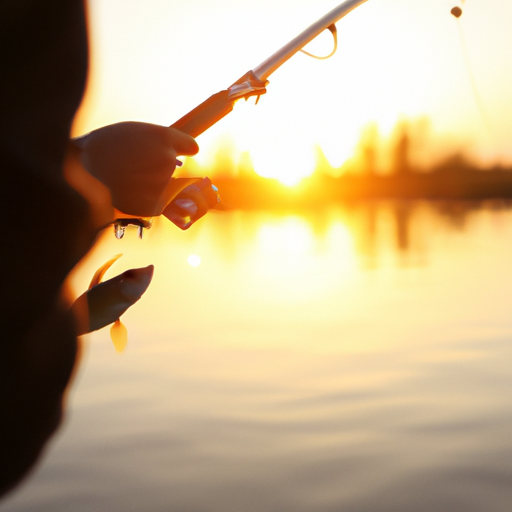
9. Education and Awareness
9.1 Promoting fishing ethics among anglers
Promoting fishing ethics among anglers is essential for fostering responsible fishing practices. Education and awareness programs can help anglers understand the ecological importance of sustainable fishing, the significance of conservation, and the ethical treatment of fish. By providing information on best practices, sharing success stories, and facilitating engagement with fish welfare organizations, we can cultivate a community of anglers who prioritize ethical conduct and environmental stewardship.
9.2 Environmental education and outreach programs
Environmental education and outreach programs play a crucial role in raising awareness about the importance of fishing ethics and fostering public support for sustainable fishing practices. These programs can target various audiences, including anglers, school students, and local communities. By teaching about the ecological significance of fish populations, the value of marine habitats, and the consequences of unsustainable fishing, we can inspire individuals to become ambassadors for responsible fishing practices.
9.3 Collaboration between stakeholders
Collaboration between stakeholders, including government agencies, conservation organizations, fishing communities, and academia, is key to advancing fishing ethics. By working together, these stakeholders can develop comprehensive strategies, share knowledge and resources, and implement effective policies and initiatives that support responsible fishing practices. Collaboration fosters a sense of shared responsibility and ensures that diverse perspectives are considered, leading to more holistic and impactful solutions.
10. Legal Frameworks and Enforcement
10.1 Importance of fishing laws and regulations
Fishing laws and regulations form the backbone of responsible fishing practices. They provide the legal framework to protect fish populations, conserve habitats, and ensure that fishing activities are carried out sustainably. Fishing laws are backed by scientific research and aim to balance the needs of human communities and the well-being of fish populations. Compliance with these laws is essential for maintaining the integrity of fishing ethics and preserving fish resources for future generations.
10.2 Role of government agencies and enforcement
Government agencies play a crucial role in the implementation and enforcement of fishing laws and regulations. They are responsible for monitoring fish populations, setting fishing quotas, and overseeing compliance with fishing practices. Adequate funding, staffing, and infrastructure are necessary to ensure effective enforcement. By supporting these agencies and holding them accountable, we can ensure the proper management and conservation of fish populations and habitats.
10.3 Consequences of illegal and unethical fishing practices
Illegal and unethical fishing practices have severe consequences for fish populations, ecosystems, and coastal communities. Overfishing, habitat destruction, and disregard for fishing regulations can lead to the collapse of fish stocks, loss of biodiversity, and the detriment of livelihoods that depend on fishing. Additionally, illegal fishing undermines the efforts of responsible anglers, disrupts market dynamics, and perpetuates a cycle of unsustainable practices. Strong enforcement and penalties are necessary to deter illegal and unethical fishing and promote a culture of compliance and accountability.
